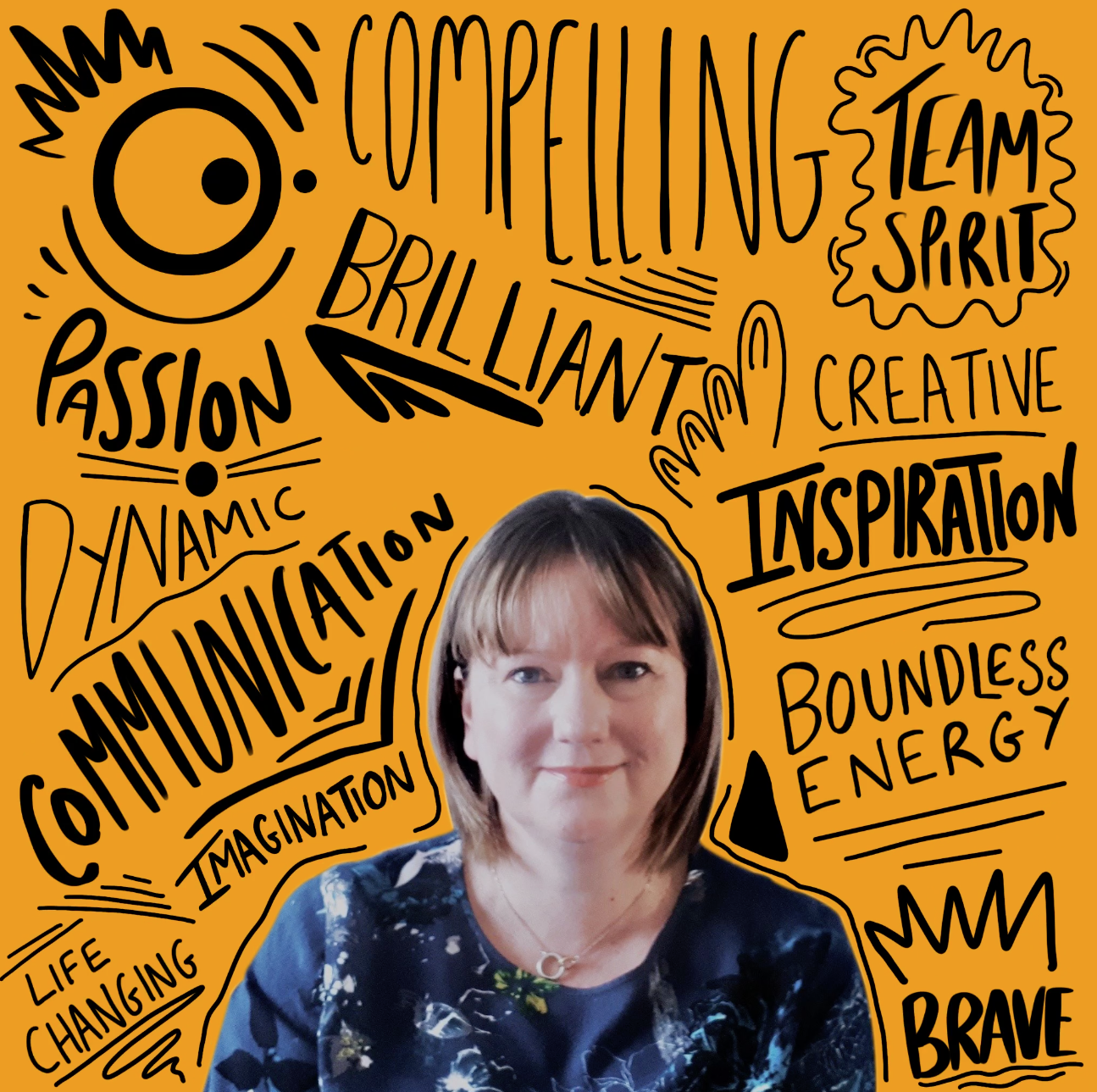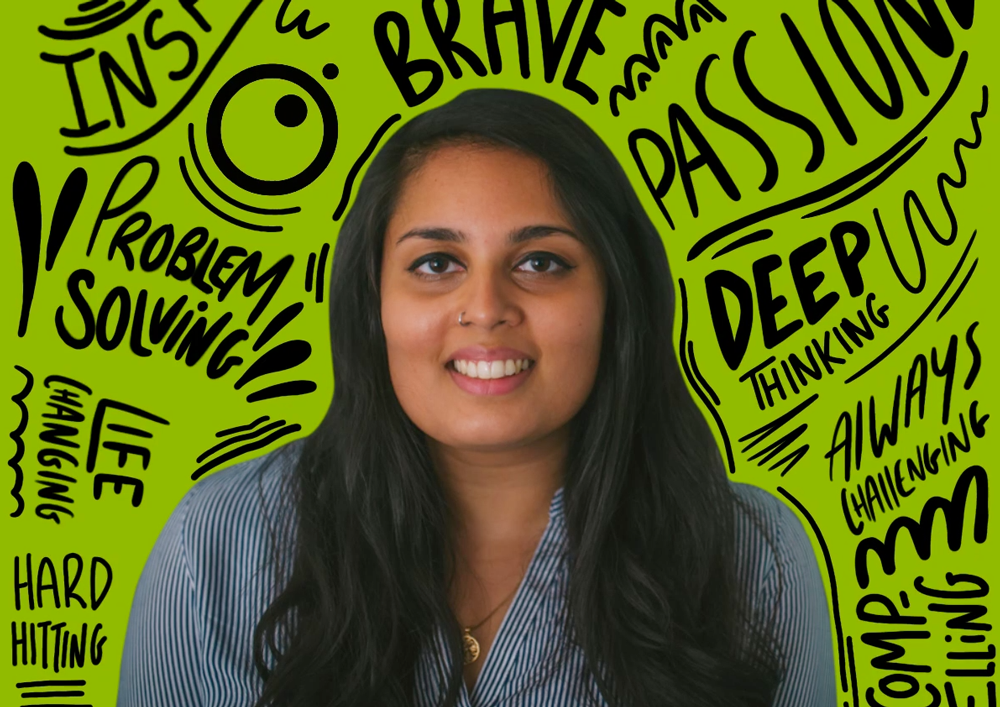During mental health awareness month, many organisations around the world report on mental health, so that those who suffer from mental illnesses are not forgotten.
According to the World Health Organization, depression is “a common mental disorder, characterized by sadness, loss of interest or pleasure, feelings of guilt or low self-worth, disturbed sleep or appetite, feelings of tiredness, and poor concentration”.
Depression versus sadness
There is a difference between being sad and being depressed.
- Sadness is a human emotion in response to disappointing, difficult or hurtful situations. It fades away when we have adjusted to a new situation or got used to a disappointment or loss.
- Depression is an illness of the brain and affects all aspects of life in a chronic way, including emotions, thoughts, perceptions and behaviours. It may be possible that sufferers feel sad and have negative thoughts about everything, including a previously favourite hobby or meeting good friends. Depression can occur without any triggers.
Depression is often referred to as major depression disorder (MDD). There is also a mild but persistent form of depression (lasting at least 2 years) called dysthymia which is not severe enough to meet the criteria of MDD.
More than 300 million people suffer from depression. On average, 1 in 20 people stated that they had had a depressive episode in the previous year. At its worst, sufferers commit suicide.

It is important that sufferers acknowledge their condition and decide whether they wish to receive help. Everyone can make their own choices in life, and there are a few sufferers who don’t want to change.
Depression is complex
The brain is a very complex organ that is not static. We are all human, but our backgrounds, knowledge, feelings and thoughts are all different from each other’s. Therefore, everyone sees life through a slightly different type of lens, which means that the same situation can have completely different effects on people.
Scientists have not yet found a single gene that increases the risk of depression. They expect that many different genetic factors might have a small effect on the risk, which might increase the overall risk of depression. However, these genetic factors are not enough to cause depression without environmental factors.
Environmental factors that increase depression risk are very diverse and often relate to personal life situations. For example, stress during pregnancy may result in depression, which can unfortunately negatively affect infant development. In addition, several diseases are associated with the development of depression, such as diabetes, Parkinson’s disease and stroke.

In the brain, depression can cause visible changes and may be associated with:
- Reduced activity of the prefrontal cortex (which is involved in complex behaviours and contributes to personality development)
- Reduced activity of the hippocampus (which helps with learning and memory, as well as with anxiety and stress regulation)
- Increased activity of the amygdala (which is involved in emotions and emotional learning).
The origin of depression – genetic factors
Scientists have several theories why genetic factors that promote depression in humans are so common and even appear to have increased in occurrence during recent evolution. For example, the “pathogen host defence” theory suggests that depression helped hunter-gatherers to shut down energy resources in order to fight infection and promote healing. During this time, humans often died from infected wounds caused by hunting, being hunted and fighting for dominance. Therefore, evolution favoured humans with a vulnerability to depression.

The science behind depression
Due to its complexity, scientists are still trying to understand the many different mechanisms that cause depression and their effects on the brain. Two of those systems are neuronal atrophy and pro-inflammatory response.
Neuronal atrophy (weakening of neurons) is characterised by a reduced size of neuron cells, which is caused by a decreased number and length of neuron dendrites.

In a subgroup of patients, depression has been associated with chronic inflammation and activation of the immune system in the brain. A few environmental factors have been shown to induce this inflammation, such as stress, trauma, a poor diet, lack of exercise, obesity, smoking and sleep disturbance.
Available weapons to fight depression
A large variety of available therapies allows for an individualised treatment, depending on the severity of depression and the patient’s personal preferences.

Medication
The function of antidepressants varies between each type of antidepressant; however, it is still unclear exactly how they work.
It has been suggested that antidepressants influence how a group of chemicals (neurotransmitters) behave between nerve cells (neurons). They work by:
- Keeping neurotransmitters active for longer time, which increases the length of a signal
- Influencing to which receptors the transmitters bind, thereby guiding the signal in a certain direction

These changes can result in improved mood or reduced pain sensation. In addition, antidepressants have been shown to reverse neuronal atrophy to a limited extent; however, for this effect chronic treatment is required.
There are several different types of antidepressants, such as:
- Selective serotonin reuptake inhibitors (SSRIs), which are the most widely prescribed anti-depressants
- Serotonin-noradrenaline reuptake inhibitors (SNRIs)
- Noradrenaline and specific serotonergic antidepressants (NASSAs)
- Tricyclic antidepressants (TCAs), which are an older type of antidepressant and only prescribed to individuals who fail to respond to other treatments
The duration of medication therapy depends on different factors, such as depression intensity, how well the drug works and its side effects. Whether antidepressants really work remains uncertain. An analysis of published and unpublished clinical study data showed no difference between patients receiving an antidepressant and those taking a dummy pill (placebo). In contrast, post-mortem studies have reported that patients treated with antidepressants had a higher level of new neurons in the hippocampus versus patients on no medication, indicating a positive effect on the brain.
Scientists have therefore tried hard to develop alternative medications; however, it has been proven difficult. Thankfully, they already have ideas about future treatments.
- Ketamine is used at a high dose as an anaesthetic in clinical practice, and at low doses it produces rapid and mild delusions and/or delirium. Due to these characteristics, ketamine is also a street drug. A low dose of ketamine has been shown to produce a rapid antidepressant response that is long-lasting. However, chronic ketamine use leads to brain damage. Therefore, scientists are trying to develop safer ketamine-like medications that produce fewer side effects.
- Inflammation in the brain has been associated with non-responsiveness of patients receiving antidepressants. Therefore, scientists are trying to develop anti-inflammatory medications. However, this type of drug will only help a certain group of patients with depression and may harm patients without increased inflammation.
Talking therapies
Talking therapies offer psychological intervention and are an important part of depression treatment. There are several different types of talking therapies.
- Cognitive behavioural therapy (CBT) is based on the concept that, instead of particular events, inaccurate and harmful thoughts and feelings are the cause of the problem. The therapist deals with the patient’s current overwhelming problems, which are challenged with behavioural experiments that test negative beliefs. The duration of CBT is typically 16–20 sessions over 3–4 months. Patients may have the option to use computerised CBT; however, due to the high drop-out rate, there is little evidence of its effectiveness.
- Interpersonal therapy (IPT; usually 16–20 sessions over 3–4 months) is based on the idea that there is a connection between the patient’s mood and their interpersonal relationships. Depression is associated with four categories of interpersonal difficulties:
- Grief: loss of a loved one
- Disputes: disagreement with someone
- Life changes: difficulties managing a current situation or not being prepared for a future situation
- Loneliness/social situation: long-standing feelings of loneliness and/or emotional distance from others
- Psychodynamic therapy brings patients into contact with under-explored emotionally difficult areas of their personalities. Patients usually lie on a couch and share their thoughts and feelings with the therapist. Some patients continue to visit their therapist regularly for years.
The choice of talking therapy often depends on the patient’s preference and types of previous therapies.
Other therapies
For patients who do not respond to antidepressants and for whom antidepressants are not suitable, repetitive transcranial magnetic stimulation (rTMS) may be used. During rTMS, an electromagnetic coil is held against the scalp to deliver repetitive pulses of electromagnetic energy to specific areas of the brain in different frequencies and intensities. This procedure does not require anaesthesia. Patients usually receive daily 30-minute sessions for 2–6 weeks.
If other therapies have failed to improve severe symptoms and/or if the patient’s condition is considered life-threatening, electroconvulsive therapy (ECT) may be considered to provide short-term improvement. Before the procedure, patients are placed under general anaesthetic and muscle relaxants. During ECT, electrodes are placed on the head which create an electric current that briefly passes through the brain. The amount of electrical current required can vary up to 40-fold between individuals. ECT is usually given twice a week and patients usually receive a total of 6–12 sessions.
Self-help options
For individuals who do not require medications, there are many different self-help options available.
- Reducing possible inflammation in the brain by a keeping a healthy diet, exercising (e.g. jogging and weight training), reducing stress, keeping a regular sleeping pattern, etc.
- Social support from families, friends, self-help groups, helplines, etc.
- Pets that can buffer loneliness, provide companionship and strengthen sense of responsibility and self-respect.
- Self-help books, which encourage the individual to make positive changes and improve self-management.
- Mindfulness, which is a meditation technique that brings the individual’s attention, in a non-judgemental manner, to the present moment. This may include awareness of thoughts, sensations and environment, while encouraging curiosity and acceptance.
- Music, which can be effective at lifting mood in the short term
Depression rarely comes alone
Depression has been linked to many other mental disorders, such as general anxiety disorder and schizophrenia.

It’s time to find your peace of mind – even with depression
There are many people who suffer from depression in silence. They feel ashamed because they can’t prove their suffering with an x-ray picture of their brain. Many people still believe that those with depression “should pull themselves together” or that “it’s just a phase”. If you struggling with your mental health and could use some help with this inner battle, please know that there are many different types of therapies available for you. There is no single therapy that works for everyone. The perfect therapies for you are the ones that help you to live the life you want. Don’t be afraid to take as many different “taster” sessions as you need until you find what works best for you.
Regardless of our mental health status and the stage of life we are going through, we all have one thing in common:
We wish to find our own peace by being able to be our true self.
 Susanne Ulm is a Medical Writer part of our Prime team at Prime Global and has been with the company since November 2014. Susanne has broad experience in different therapeutic areas, and has a passion for communicating science to different types of audiences.
Susanne Ulm is a Medical Writer part of our Prime team at Prime Global and has been with the company since November 2014. Susanne has broad experience in different therapeutic areas, and has a passion for communicating science to different types of audiences.




